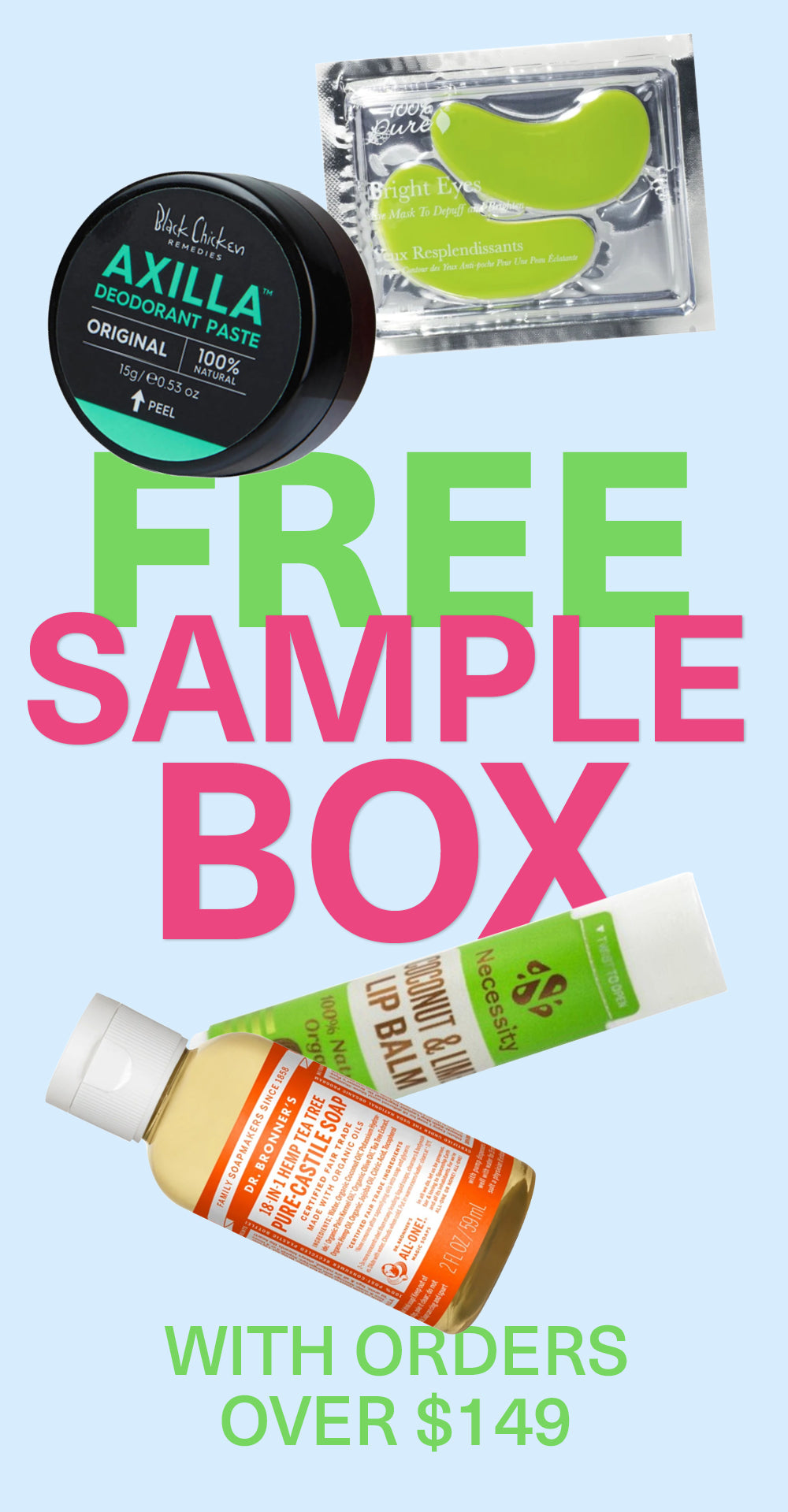
Natural Insect Repellent: Your Questions Answered
Find answers to common questions about natural insect repellents and DEET-free alternatives for outdoor activities.
Popular Q&As for Natural Insect Repellent
1. How are natural insect repellents regulated in Australia?
In Australia, natural insect repellents must be approved by the Australian Pesticides and Veterinary Medicines Authority (APVMA). This regulatory body scientifically assesses all insect repellents for safety and efficacy before they can be legally sold. Products approved by the APVMA have been scientifically proven effective when used according to label instructions. All of the insect repellents listed in this section are APVMA approved.
2. What are Outdoor Body Creams and how do they differ from insect repellents?
Outdoor Body Creams represent a different category from insect repellents. These products can be found in our bodycare and body lotion sections using the Outdoor Body Cream filter. These body creams are not marketed as insect repellents but as body lotions designed for outdoor use. Products like Vanilla Mozi Outdoor Body Cream function similarly to typical body moisturisers, but include specific essential oils and botanicals that mask your natural scent profile with aromas that mosquitoes typically find less appealing. Unlike APVMA-registered products that are specifically formulated to repel insects, these creams create an aromatic environment around your body that's simply different from what attracts mosquitoes. For comprehensive outdoor preparation, these creams can be used alongside registered insect repellents.
3. What is DEET and why do some people prefer alternatives?
DEET (N,N-Diethyl-meta-toluamide) is a common active ingredient found in many insect repellents. It was developed by the U.S. Army in.1946 for use by military personnel in insect-infested areas. It belongs to the toluene family of chemicals, the same category used in paint removers and solvents for rubber and plastic cements. This chemical can interact with certain surfaces, including the clear coat on vehicles when applied nearby. As Clean Nectarine specialises in natural alternatives to conventional health & beauty products, all of the insect repellents we sell are DEET free.
4. Why do mosquitoes appear to prefer some people over others?
Mosquito behaviour toward different individuals appears to be influenced by biology and body chemistry. Research suggests these insects respond differently to certain people based on the unique olfactory signals produced by skin bacterial flora. Individual body biochemistry breaks down components of sweat differently, creating personalised scent profiles that mosquitoes may find either attractive or unappealing. Several factors may influence this interaction: carbon dioxide production, body temperature, lactic acid levels in sweat, genetic factors that determine skin microbiome, and even blood type (with studies suggesting Type O may be preferred). Consuming certain foods or beverages like bananas or beer can temporarily alter your scent profile, potentially affecting mosquito behaviour around you.
5. How are natural insect repellents typically applied?
Application methods for natural insect repellents vary by product. Always read the label and follow the directions on the pack. As a general guide, many products are applied to clean, dry skin, covering exposed areas with particular attention to ankles, wrists, neck, and behind ears - areas where mosquitoes are commonly active. Application approximately 15-20 minutes before outdoor exposure allows the essential oils to distribute evenly. These natural formulations typically have different reapplication timeframes than DEET-based alternatives, generally every 2-4 hours depending on the product directions, and after swimming or heavy perspiration. For extended outdoor activities, carrying your repellent enables convenient reapplication. Natural repellents are often used as part of a broader approach to outdoor comfort, complementing physical measures like appropriate clothing and environmental considerations.
When considering any new products it is important to read the label and follow the directions for use.

Earn Juicy Rewards
Login to earn Juicy Rewards on every order.


